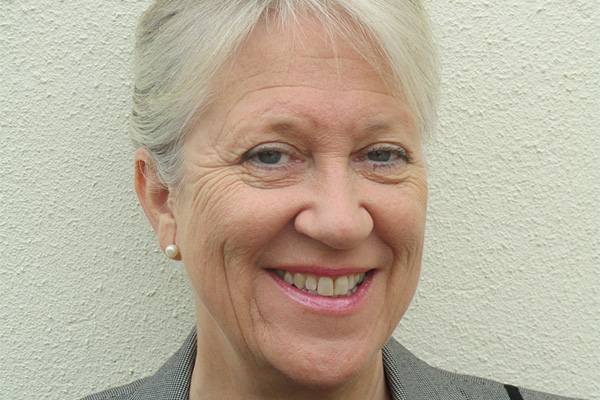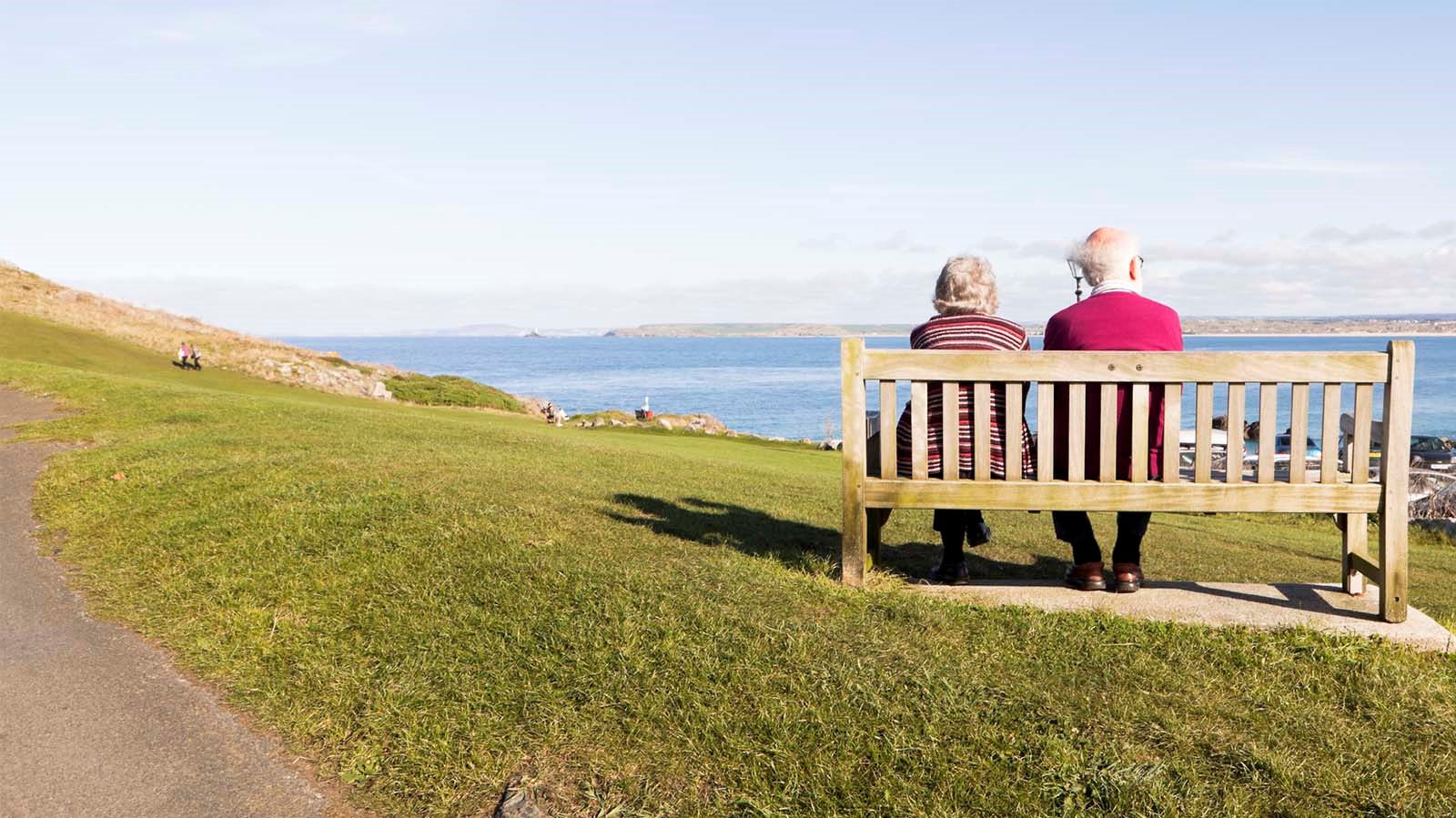The charity Independent Age today launches the latest of its ‘In Focus’ fact-sheets, a snapshot of the experiences of people growing older without children in England.
The report shows that older people without children receive less informal care and support and have greater unmet care needs than average, and that those without children are less socially connected or likely to use technology to keep in contact with others.
Older people without children are more likely never to use the internet.
The report provides rare glimpses of a group that is little recognised, dispersed across our society, but growing in numbers.
It is estimated there are more than one million people in the UK over the age of 65 without children, and that this number is set to double by the year 2030.
Diverse experiences
Behind these numbers lies a demographic with diverse experiences, including people who have chosen not to have children, those who wanted children but whose circumstances prevented them, those predeceased by children, and others who have become estranged.
With older people generally less likely to recognise symptoms of common mental health problems or to seek help when they do, our member Val O’Dea is concerned that lack of profile, sensitivity and understanding of issues related to ageing without children (AWOC) will further deter older people from talking openly about their experiences and concerns.
Val has worked with older people ageing without children who have the same problems as people ageing with family.
“They may have a stroke or drink a bit too much alcohol or have been abused for example,” she says. “But there’s no family member to talk it through with or friend who is available or is trusted enough.”
Many people ageing without children don’t identify themselves as AWOC, partly because nothing in service review or focus encourages them to, and Val urges therapists to consider their awareness of the issue
“Most counsellors and psychotherapists capture data which would identify people as AWOC but so far, no central collation or evaluation of that data has occurred – privately, by organisation or by government,” says Val.
“Older people may not relate to the language of mental health so won’t think in terms of counselling or psychotherapy but want something that will help them to feel better.”

Our member Val O’Dea is concerned that lack of understanding of issues related to ageing without children will further deter older people from talking openly about their experiences and concerns
In its 2016 report, The Beth Johnson Foundation and Ageing Without Children[i] identified a number of factors that combine to make those ageing without children ‘invisible’ and potentially vulnerable, including a public policy narrative that increasingly requires adult children to look after elderly parents, the taboo of talking openly about circumstances of being without children, and the demands of having to look after their own parents while wondering who will take care of them in later life. In contrast to common misconceptions, the report indicates that only 10% of those ageing without children do so by choice.
Val notes that while there are many support organisations focused on later life, few have specific focus on the needs of people ageing without children or recognise their psychological needs.
Role of counselling
“We need a better understanding of the psychological aspects of ageing without children and the role of counselling and psychotherapy in offering opportunity for exploration, reflection and coping with later life transitions that for others, comes from family.”
People ageing without children are more likely to go into residential care at an earlier age and lower level of dependency than those who do have children.
For Kirsty Woodard, co-founder of Ageing Without Children, a vital support function provided by adult children is that of advocacy in supporting parents to navigate care and support services, weighing up options and seeking information to aid decision-making.
For her, the current Covid-19 crisis highlights an acute vulnerability among elderly care home residents without children.
Kirsty says: “It must be incredibly frightening for many care home residents watching daily updates on television, or even having to consider decisions on whether they wish to be resuscitated if they become critically unwell. Often, the advice is to discuss these matters with your family – but what if you don’t have one to talk to?”
Val’s own experience has brought the issue into acute focus.
“I have no siblings and, as a person without children myself, I didn’t have anyone close to speak to about my father after he died, so I sought counselling which included addressing my realisation of how much I’d done and advocated for him, but that I’ll have no one to do the same for me,” she says.
“I’m fortunate to have an insider’s understanding of the benefits of therapy, but many older people ageing without children won’t be familiar with our profession or how to access it.
“I’d like to see us find ways to make sure people ageing without children are understood and have access to support that includes specifically targeting people ageing without children.”
With so little recognition of people ageing without children in public policy and research, it’s perhaps not surprising that most telling in today’s report from Independent Age comes from a 94-year-old unaffected by childlessness: “My children and my grandchildren are my life… I can ask them to help me with things like filling in forms, or take me to places, and they stop me from worrying. If I didn’t have them, I would be utterly lost.”
Read the Independent Age ‘In Focus’ series of reports here.
Visit Kirsty Woodard’s blog on ageing without children here.
If you would like to share your experience or contribute to BACP’s focus on access to therapy for older people, please email jeremy.bacon@bacp.co.uk
[i] The Beth Johnson Foundation & Ageing Without Children (2016) ‘Our Voices – The experiences of people ageing without children’
